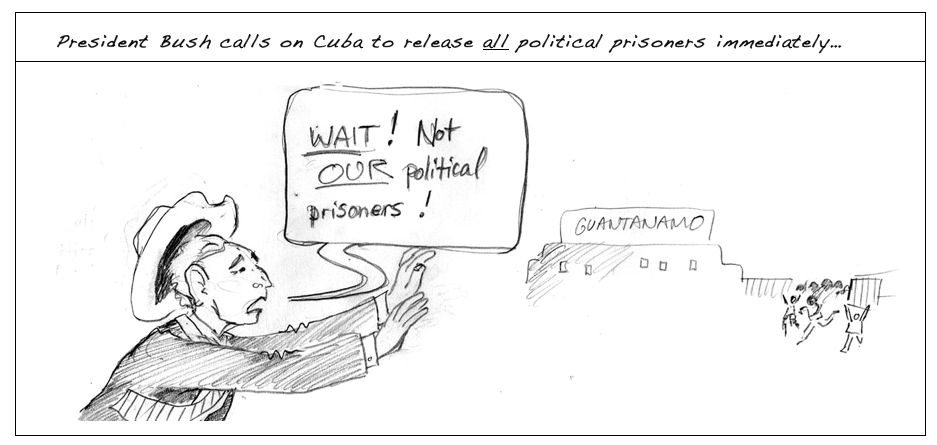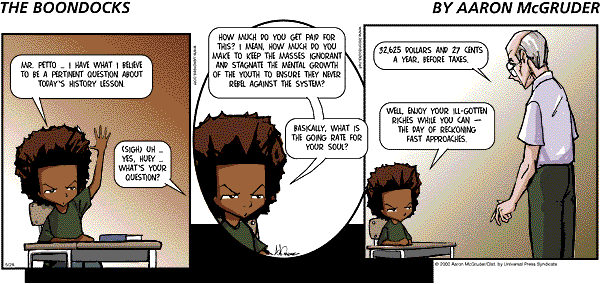Friends, I wanted to update you on our progress as we begin to finalize all plans for this year’s Rouge Forum Conference.
I would invite you to please visit the conference website: www.rougeforumconference.org for information related to hotels, maps, the schedule of papers and professional developments (67 presenters involved in 37 presentations), as well as the overall conference schedule. Presenters, in particular, please visit the paper sessions link to be sure that the information about your presentation/panel/performance is accurate.
As far as the overall conference schedule goes, let me highlight a few of the events going on:
Thursday night, 3/13, we’ll kick things off at 7:00 at the Blue Mountain Coffeehouse and Wine Bar, located at 400E. Main St., right across from the Louisville Bats Baseball Stadium. We’ll be entertained by spoken word and jazz, featuring Janiece Jaffee. Come hungry because you can purchase dinner there.
Friday, 3/14, we’ll begin with a welcome from the Senior Vice President of Academic Affairs at Bellarmine University, Dr. Doris Tegart. After two sessions of paper presentations, we’ll break for lunch. You’ll want to stick around for lunch since we’ll be engaged by our first speaker of the conference, Dr. Milton Brown. Dr. Brown is a retired professor/administrator/teacher. His distinguished career has been dedicated to the anti-racist and civil rights struggle and it will be a pleasure to welcome him back to Bellarmine. (For those who have ordered lunch for this day, or still wish to do so, please reply this week and let me know whether you would prefer a turkey, ham, or veggie boxed lunch, provided by our friends at the Loop Deli.)
After another session of papers, our afternoon will conclude with a panel discussion which I’ll moderate involving radical/revolutionary pedagogy and featuring Dr. Nancy Patterson (Bowling Green State University), Mr. Greg Queen (Fitzgerald High School), and Dr. Joe Cronin (Antioch University). After a break for dinner, the evening will conclude with another panel, entitled “No Child Left Unrecruited?” This panel on the potential school to military pipeline will be moderated by Dr. E. Wayne Ross (University of British Columbia) and will feature Dr. Faith Wilson (Aurora University) and Dr. Rich Gibson (San Diego State University). Most events for this day will be held in Frazier Hall, which is located in the Brown Activities Center. See the map at the conference website.
Saturday, 3/15, will kickoff with a few words from the dean of Arts and Sciences at the University of Louisville, Dr. Blaine Hudson. After professional developments on critical literacy and green education, as well as two paper sessions, we’ll break for lunch and be engaged by a panel discussion on the student assignment situation in Jefferson County. You may recall the Supreme Court recently found Jefferson County’s student assignment plan, largely based on race, to be unconstitutional. Moderated by Dr. Blaine Hudson (University of Louisville) and featuring Dr. Tracy K’Meyer (University of Louisville), Mr. John Heyburn (attorney), and Mr. Dwayne Westmoreland (Kentucky Youth Advocates), this panel will explore what led to this decision and what is next for Jefferson County. (For those of you have ordered lunch for this day or still wish to do so, please reply this week and let me know whether you would prefer chicken salad or veggi boxed lunch, provided by our friend, Tess Krebs).
After one final paper session, the afternoon will conclude with two talks, both of whom are charter members of the Rouge Forum, Dr. Rich Gibson and Dr. E. Wayne Ross (who will provide our keynote address). It should be energizing to hear them both speak on the state of the Rouge Forum, education, and resistance. Both have been longstanding vanguards in the struggle for justice in education, schooling, and the work place.
After dinner, the evening will conclude with some spoken word and music, featuring our speical guest, jazz pianist, Harry Pickens, as well as the local band, The Uprising. Most events for this day will be held in the Red Barn. See the map of U of L’s campus on the conference website.
Finally, we’re excited to be concluding the 2008 conference on Sunday, 3/15 at 10:00 at the Braden Center located in the Kentucky Alliance against Racist and Political Oppression Headquarters, located at 3208 W. Broadway. Here, we’ll wrap up the weekend with reflections on the conference, as well as a discussion of next steps and possible action. (This later start time will give folks an opportunity to grab breakfast at one of the premier diners in the country, Lynn’s Paradise Cafe on Barrett Ave.)
We look forward to hosting you at the conference. If you need anything, please let me know.
I want to be sure to thank my partner, Gina Stiens, as well as my friends and colleagues–Mary Goral, David Owen, Sonya Burton, Judi Vanderhaar, Wayne Ross, and Rich Gibson–for their help in pulling this 2008 conference together .
in solidarity. adam
Adam Renner, Ph.D
Associate Professor
School of Education
Bellarmine Univeristy


